- Jarad Nava shot into a car carrying four young women in September 2012
- They were relatives of a rival gang member and one was a pregnant teenager
- Another, Yesenia Castro, had her spinal chord severed by a bullet
- After serving 8 years in prison, he was released in December 2020
A former gangster who was sentenced to 162 years in prison for shooting and paralyzing a 16-year-old girl in 2012 is now working in the California capitol.
Jarad Nava, now 28, works as an assistant in the Department of Public Safety and is an advocate of prison reform. He was featured in a Los Angeles Times profile Thursday and credits California’s Democrat Governor Gavin Newsom for his early release.
In 2012, while drunk and high, he shot into a car carrying the relatives of a rival gang member. One of the victims was 16-year-old Yesenia Castro, who was shot in the back.
The bullet severed her spinal chord and she was paralyzed from the waist down.
Nava, who was 17 at the time, rejected a plea deal that would have sentenced him to 30 years in prison.

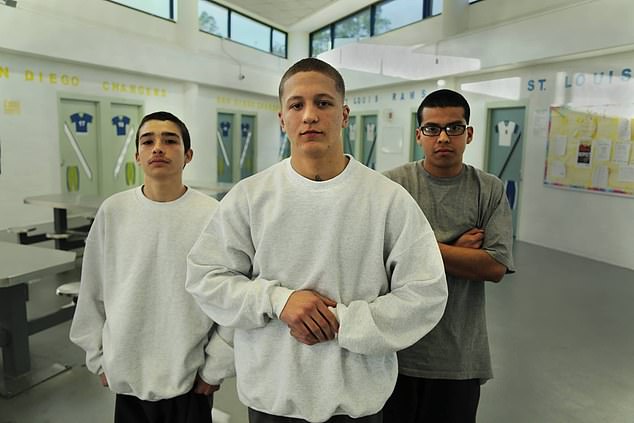
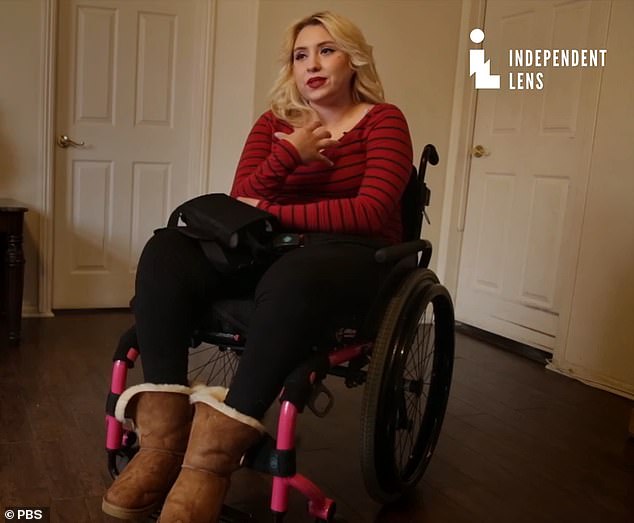
After trial, he was sentenced to 162 years in prison on four counts of attempted murder.
In the years that followed, he was featured in a prison reform documentary that highlighted his case and the plight of young offenders who the filmmakers felt had been unfairly represented.
Yesenia, his victim, was interviewed for the film and said she wanted him to spend 50 years in prison.
‘When they arrested him, I felt relieved. I don’t want him to be dead or anything, I just want him to pay a price,’ she said.
Despite that, his sentence was commuted to 10 years by Gavin Newsom. He eventually walked free in 2020, eight years after the shooting.
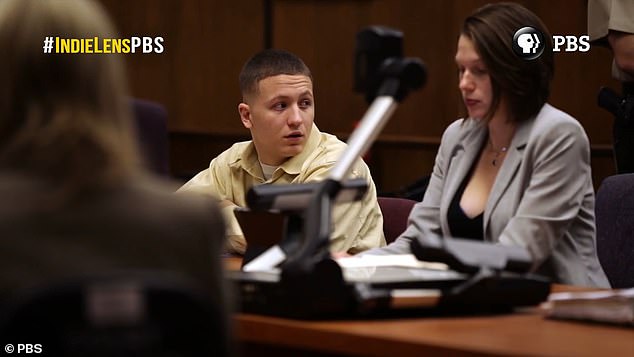
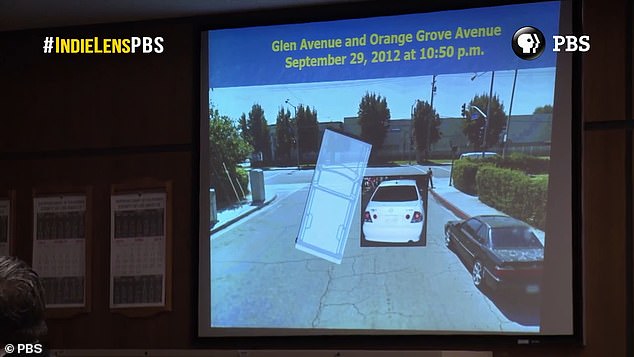
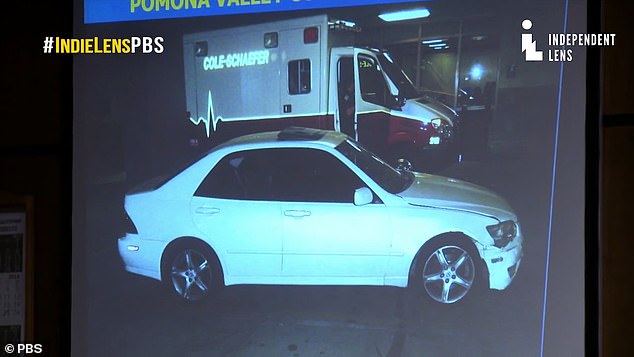
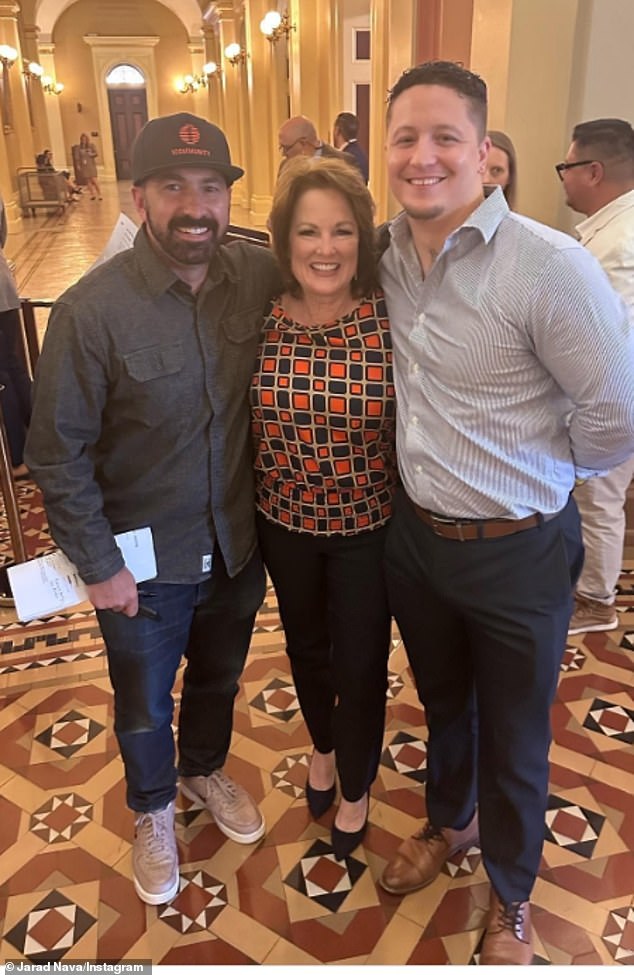
Film maker Scott Budnick then introduced him to Erika Contreras, the secretary of the State Senate who encouraged him to apply for an internship.
Now, he works as an assistant on a committee deciding on prison reform initiatives.
Newsom, gushing over how he has turned his life around, told The L.A. Times that he ‘cried’ when he saw him ‘dressed up’ in his suit working at the state capitol.

‘I came back and started crying in the office.
‘To read a report about somebody, to see a ridiculous overcharging, to consider his age in relationship to that crime, to take a risk on a commutation … and then to see him all dressed up, so proud that he has a job.
‘And I remember that meeting because he kept talking about how he felt a sense of responsibility not to screw up.
‘Not for himself, but for others.’
Nava apologized to his victims at parole hearings where he said he was ‘deeply ashamed’ of what he did.
He also keeps a letter of apology at home that he wrote to her but did not mail.
It reads: ‘I want to say I’m sorry for trying to murder you on Sept. 29, 2012. … You should never have had to experience being shot, and I thank God you survived.
‘Though I can never fully atone for my actions, I will spend the rest of my life trying.’
The doormat outside his apartment reads ‘don’t come back without a warrant.’
Californians have for years complained about Newsom’s soft-on-crime approach.
A similar outlook in cities like San Francisco and Los Angeles led to a spike in crime, with prosecutors foregoing cash bail in many violent crimes because they feel it is elitist against poor defendants.
This post was originally published on this site be sure to check out more of their content.






